Share
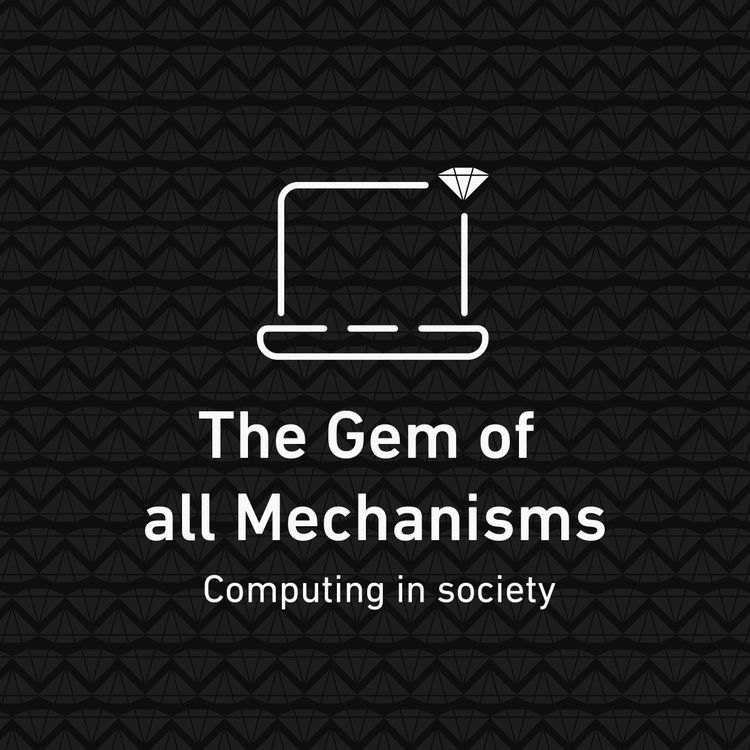
The Gem of all Mechanisms
Dame Stephanie Shirley CH
Season 1, Ep. 5
•
Olivia Wolfheart MBCS speaks to the inspirational entrepreneur. From coming to the UK in 1939 on the kinder transport, and championing women in IT through highly successful software businesses to becoming the UK’s first ever national ambassador of philanthropy and her campaigning for autism, Dame Stephanie also touches on Nietzsche, Fermat’s last theorem, being a founder member and Past President of BCS and more.
More episodes
View all episodes
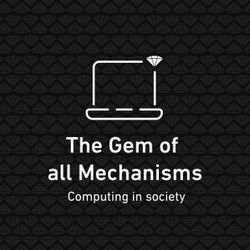
2. Rethinking AI strategy for the enterprise
23:10||Season 6, Ep. 2CIO Network panelists provide further thoughts on strategic AI adoption following BCS CIO Network event, June 2025Grant Powell MBCS, Senior Content Editor for ITNOW magazine, speaks to Leanne Allen, UK Head of AI at KPMG, Dr Bill Mitchell OBE FBCS, BCS Influence Board Member, and Sean Rafter, Head of Curriculum Development - Data & AI at BPP, following their panel debate at the BCS CIO Network.Grant asks a series of questions to gauge their further thoughts on strategic AI adoption and the need to think beyond the hype of Al for business growth.Related article: https://www.bcs.org/articles-opinion-and-research/cio-network-rethinking-ai-strategy-for-the-enterprise/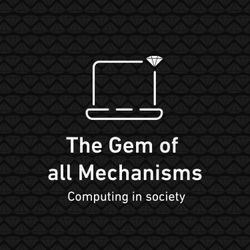
1. Fortifying Digital Defences: Exploring Zero-Trust Models in Cyber Security
15:30||Season 6, Ep. 1In this special edition following the latest BCS CIO Network event, Heather Lowrie, Chief Information Security Officer and Cyber Security Advisor and Ian McCormack, Deputy CTO at the National Cyber Security Centre speak to Brian Runciman MBCS about zero trust cyber security models.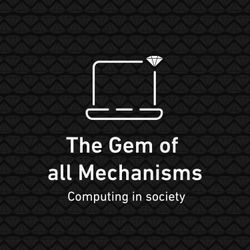
11. Sustainable Computing – vital insights for digital leaders
41:03||Season 5, Ep. 11BCS, the Chartered Institute for IT presents a special podcast with the Business Standards Institution (BSI), featuring an illuminating conversation between Rashik Parmar and David Mudd as they dive deep into the critical intersection of digital transformation and sustainability. In this must-listen episode, two industry leaders explore how organisations can build a more sustainable digital future while driving innovation and maintaining resilience.1. Unpick Sustainability. Built assets on new builds, critical national infrastructure narrative 2. Demand for digital isn’t going to stop…but with that comes vulnerabilities. Cyber, people narrative 3. Hidden impact of AI. 4. Responsible computing: Senior leaders and IT professionals Find out more about how BSI could help your business https://page.bsigroup.com/l/73472/2024-12-12/2c9zxm6
10. Legal assistance and IT in the community
44:10||Season 5, Ep. 10The Law Centres Network comprise charitable legal practices that help those who can't afford a lawyer with legal issues - and that is around 70% of the population! Alex Charles, Head of IT and Data, and Julie Bishop, the Director of the Network, speak to Brian Runciman MBCS about the IT issues they face in providing this support, whilst giving insight into the data and digital maturity issues a lot of charities face. They also discuss the issues around fundraising such as telling client stories in an ethical way and the maintenance of digital assets after they have been donated.
9. Service resilience for CIOs
20:21||Season 5, Ep. 9In this special edition, four service resilience experts review BCS' CIO Network event. Mark Burnham, CTO Government and Public Services at Deloitte, Jonny Sammut, Director of Digital Services at the Welsh Ambulance Service, Patrick Burgess, Technical Director at Nutbourne, and Christine Ashton, CIO of UKRI and a member of BCS' FTAG join Brian Runciman MBCS to discuss the clear issues that came out of the event. These include making service resilience a more than annual consideration, the role of standards, reducing event impact, the role of the board, and how professionalism fits in.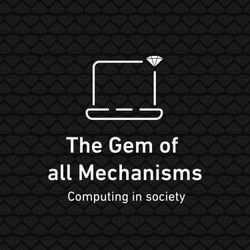
8. Social impact as a CIO
28:22||Season 5, Ep. 8BCS Fellow Karl Hoods was recently honoured with a CBE. Brian Runciman MBCS spoke to him about his CIO career, his focus on social impact, the skills shortage, future challenges CIOs will face and more. Karl is Group Chief Digital & Information Officer at the Department for Energy Security & Net Zero and Department for Science Innovation & Technology.
7. Playing with quantum with an eye on ROI
28:39||Season 5, Ep. 7Stefano Mensa from the Hartree Centre speaks to Brian Runciman MBCS about the industry-facing supercomputer centre, with a focus on quantum computing. What benefit will it add? How close are we to fault-tolerant quantum computing with the current logical qubit bottleneck? What can it do for UK business?
6. Helping all innovative people deliver
37:11||Season 5, Ep. 6How can smaller organisations create a positive culture, encompassing genuine diversity of perspective? Melissa Sabella talks about her approach with the Honeycomb Works, where she has recently worked with RAEng on a new equity platform for start-ups and scale-ups. She also gives some practical tips, for example: how much time should you spend with your direct reports, and who should - or shouldn't - you give stretch assignments to?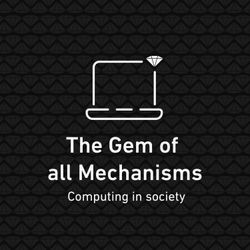
5. Digital Pioneers: Recoding our Future
39:16||Season 5, Ep. 5What is the mindset IT professionals require to really harness the potential of computing for social good? Our panel discusses ambition, boldness, capability, determination and entrepreneurism. Rashik Parmar MBE, Group CEO of BCS, Charlene Hunter MBE, CEO & Founder of Coding Black Females, Professor Andy Stanford-Clark, Distinguished Engineer, IBM UK, and Dr Kitty Hung, BCS Fellow and author talked about this with Brian Runciman MBCS at the launch of a new series of films from BCS and Content with Purpose.